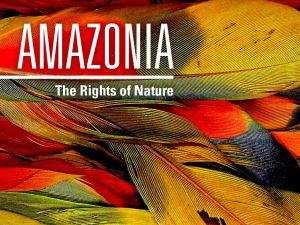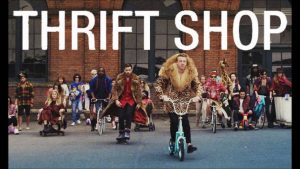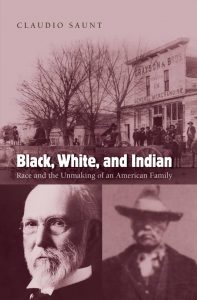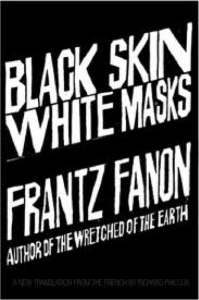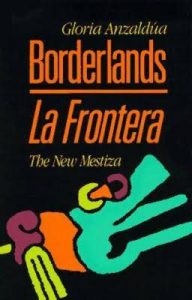For Tuesday, we’ll think about the ways that the contributions of black women change our understandings of histories of race in the Americas. Following our work on Thursday, please read the following from Toward an Intellectual History of Black Women (UNC Press, 2015). (Available online via the UBC Library website.)
Introduction
Histories Fictions and Black Womanhood Bodies by Martha Jones
PLUS
Choose and download (and read!) ONE of the chapters more specific to the texts we read together on Thursday:
Arlette Frund, “Phillis Wheatley, a Public Intellectual”
Mia Bay, “The Battle for Womanhood Is the Battle for Race: Black Women and Nineteenth-Century Racial Thought”
Corinne T. Field, “Frances E. W. Harper and the Politics of Intellectual Maturity”
Farah J. Griffin, “Ann Petry’s Harlem”
Cheryl Wall, “Living by the Word: June Jordan and Alice Walker’s Quest for a Redemptive Art and Politics”
I’ll look forward to continuing the discussion on Tuesday. For those of you who didn’t make it, here are the texts that we read and discussed. Please read at least one in preparation for discussion on Tuesday
Wheatley, To the Right Honorable William, Earl of Dartmouth
Frances Ellen Watkins Harper, Duty to Dependent Races
Ann Petry, Like a Winding Sheet
Alice Walker, In Search of our Mothers’ Gardens
and finally, for those of you who got movie tickets, I will bring them! Sorry I haven’t done so sooner. And for anyone thinking of going, here is a review in the New York Times, and an interview with the director, Raoul Peck.
Film schedule: VIFF
 Follow
Follow